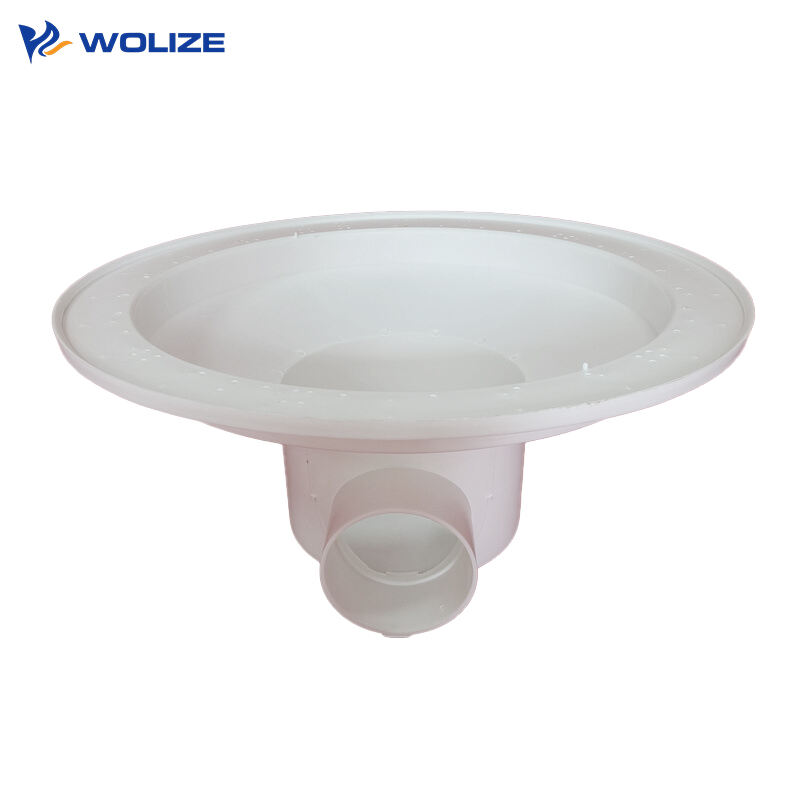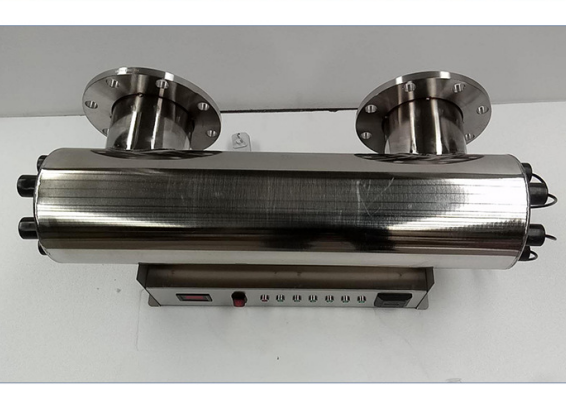 ×
×
Fishing in a small area can be daunting, but in the proper circumstances it can be achieved. We need to be clever about fish farming and need to help the environment in order for our farms to be sustainable over time. Semi-intensive methods enable us to put more fish on the table and earn a living without being evil to nature. Fish can be cultured in a small area if the water remains clean and good feeding methods are used, and Wolize is no exception to that.
The main benefit of semi-intensive fish farming is it enables us to farm a large number of fish in a small area. Wolize knows that by controlling the number of fish we're putting in the water and producing clean water, we can grow a lot of fish without taking up a lot of space. It also helps us to be more efficient in our use of resources and profits on the farm.
Being intelligent on that fish farming and environmental stewardship is absolutely crucial for our farms.” Semi-intensive methods has Wolize able to rear plenty of fish without being unmindful of mother nature. Good planning and management: Proper handling of resources ensures that we generate less waste, cater to the environment and help the farm sustain itself for years to come.

Analysing technical innovations allows for cheaper and faster growing methods of fish to occur. Wolize has implemented the right feeding schedule, water quality, and cleanliness to guarantee that our fish stay and grow healthy. These techniques allow us to produce more fish and generate more revenue every year.

It is very important to keep the water quality good for the fish to live healthy. Things like oxygen levels, pH, temperature — Wolize watches those to ensure fish are living in optimal conditions. Maintaining the water clean and properly balanced to prevent disease and promote optimal fish growth.

Making sure that we feed the fish better and make sure that they grow faster is also crucial to Wolize's success Through careful investment in good food and recording feeding times, we can ensure that our fish grow better and that less food is wasted. This is not only allowing us to grow more fish and generate more revenue, but also be more environmentally friendly.
We provide detailed aquaculture program, which comprise variety of aspects, such as scheme design as well as equipment configuration, budget planning, installation of equipment, and aquaculture technology guidance. This can help you to complete your aquaculture venture. Businesses that are not able to do this.
We have certificates such as ISO9001, ISO22000 and COA. We have offered our products to 47 countries and developed 22 large-scale, high-volume projects with more than 3000 cubic meters. Our aquaculture system has produced shrimp and fish in 112 countries and regions.
We are specialized in design and manufacture of PVC steel pipes support for fish ponds. PVC galvanized plates fish pond. We have range of choices in the aquaculture equipment.
We have more than 15 years of experience in production in aquaculture industry. We are among top three companies in Chinese aquaculture industry. We have strategic alliances with number of renowned Chinese Universities, and have surely skilled team high-density system engineers and engineers who are able provide best quality products and services.